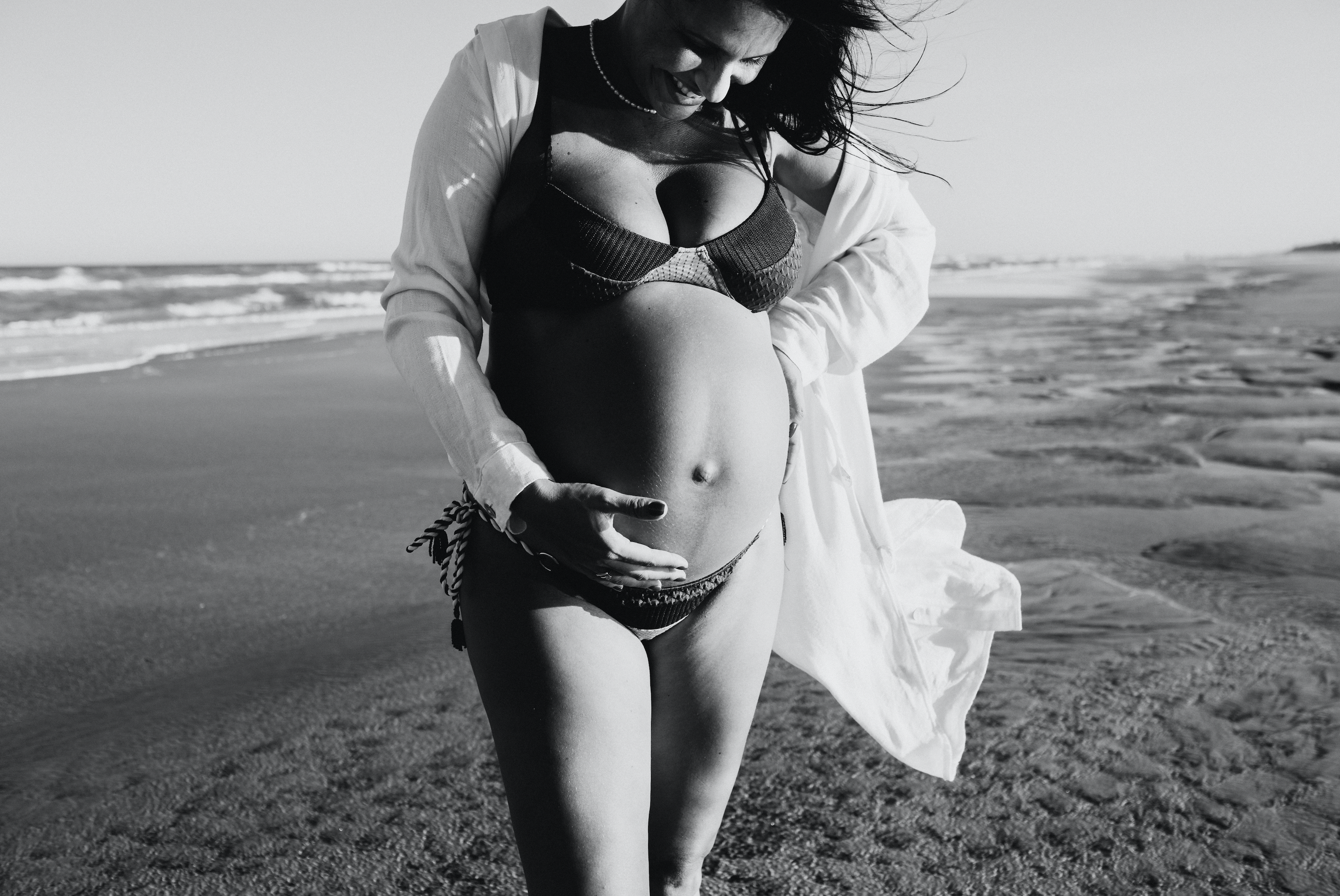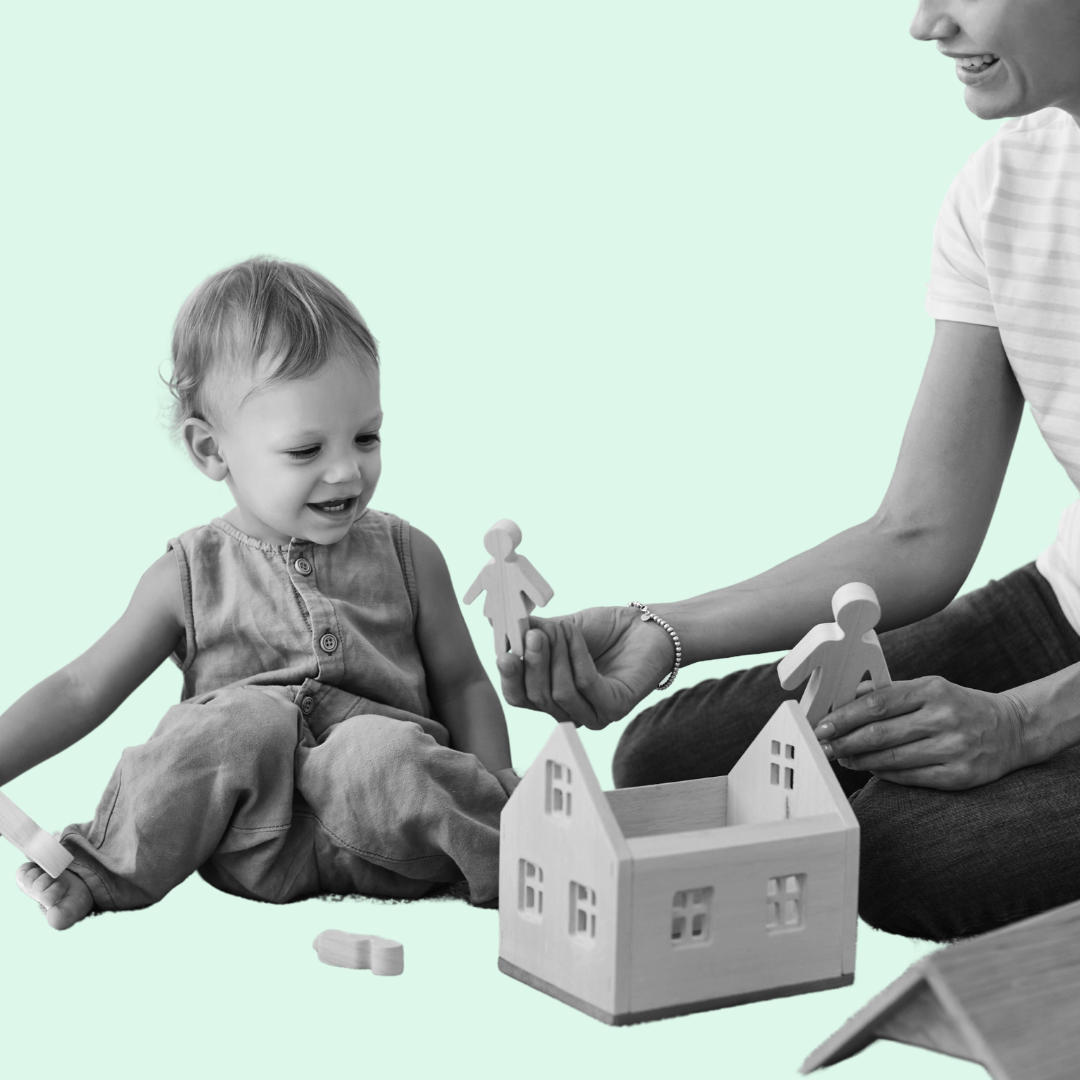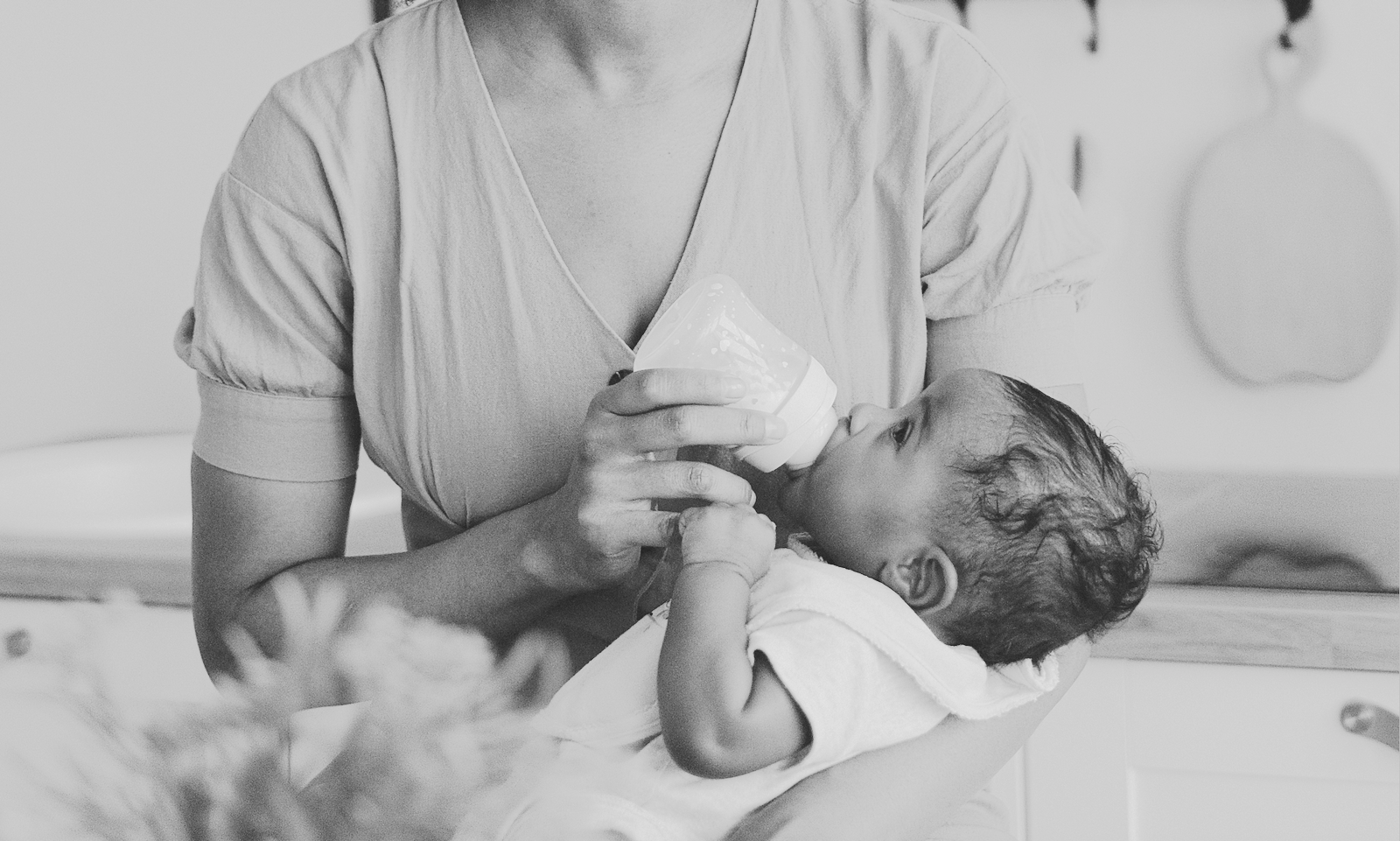Welcome to the ultimate guide to surviving late pregnancy and navigating those final weeks! Discover tips and resources to help you thrive in the third trimester.
Congratulations, mama-to-be! You’re in the final stretch of your pregnancy journey, and those last weeks can feel like an eternity.
But worry not, we’ve got you covered.
In this comprehensive guide, we’ll cover the common challenges of the third trimester, and walk you through essential tips and strategies to help you navigate the final weeks of pregnancy with confidence and ease.
What Weeks is the Third Trimester?
Before diving into the challenges, it’s crucial to understand what the third trimester entails. This period typically begins around the 28th week of pregnancy and lasts until delivery. During these final weeks, the baby undergoes significant growth, and the mother’s body experiences various changes to accommodate the developing fetus.
Tips for Surving Late pregnancy and How to Get Through Those Final Weeks
The third trimester comes with a host of physical discomforts that can make day-to-day activities challenging. From back pain to swollen feet, you may find yourself facing discomfort like never before:
Relieve Back Pain and Sciatica During the Third Trimester
As you progress through the third trimester of pregnancy, the increasing weight of the baby and changes in your body can lead to back pain, a common complaint among expectant mothers.
In addition to back pain, some women may also experience sciatica, which is characterized by pain that radiates down the legs due to compression of the sciatic nerve. Coping with these discomforts is essential to ensure a more comfortable and enjoyable pregnancy experience. Here are some effective ways to alleviate back pain and sciatica during the third trimester:
- Practice Gentle Stretches: Stretches can be a valuable tool in improving flexibility, strengthening core muscles, and relieving tension in the back and hips. Engaging in gentle stretches that are specifically designed for pregnant women can help ease back pain and sciatica. Stretching also promotes relaxation and stress relief, which can contribute to overall well-being during pregnancy.
- Use a Pregnancy Pillow: Investing in a pregnancy pillow can provide much-needed support for your body while sleeping. These specially designed pillows are contoured to support the belly, back, and hips, helping to align your body in a more comfortable position. Proper alignment can reduce pressure on the lower back and alleviate sciatic nerve pain.
- Practice Good Posture: Maintaining good posture throughout the day is crucial for preventing and managing back pain. Avoid slouching and try to distribute your body weight evenly when standing or sitting. Use a chair with good lumbar support and consider placing a cushion behind your lower back for additional comfort.
How to Reduce Swelling in Feet and Ankles
Swelling in the feet and ankles, known as edema, is a common issue that many pregnant women experience, especially during the later stages of pregnancy. This swelling occurs due to the increased pressure on the veins in the lower body caused by the growing uterus and the body’s retention of fluids to support the developing baby. While it can be uncomfortable, there are several effective ways to alleviate and manage swollen feet and ankles during pregnancy:
- Elevate Your Legs Whenever Possible: Elevating your legs helps to reduce the pooling of fluids in the lower extremities and promotes better circulation. Whenever you have the opportunity, prop up your feet on a cushion or pillow, keeping them elevated above the level of your heart. This simple action can significantly reduce swelling and provide relief from discomfort.
- Wear Comfortable and Supportive Footwear: Opt for comfortable shoes with proper arch support and a wide toe box. Avoid high heels or shoes that are too tight, as they can restrict blood flow and exacerbate swelling. Consider wearing compression stockings, which can help improve circulation and reduce swelling in the feet and ankles.
- Stay Hydrated: While it may seem counterintuitive, staying hydrated is essential to prevent further fluid retention. When the body is dehydrated, it holds on to more water, which can worsen swelling. Drink plenty of water throughout the day, and avoid excessive consumption of caffeinated or sugary beverages, as they can contribute to dehydration.
It’s important to note that if you experience sudden or excessive swelling in your feet and / or ankles, contact your healthcare provider.
Navigating Emotional and Hormonal Changes During Late Pregnancy
The third trimester isn’t just physically demanding; it can also take a toll on an expectant mama’s emotions. Hormonal changes and the impending arrival of the baby can lead to a rollercoaster of feelings.
How to Help Anxiety and Pregnancy Jitters
Experiencing anxiety and pregnancy jitters is entirely normal as the due date approaches. The anticipation of labor, childbirth, and the new responsibilities of parenthood can lead to a mix of emotions. Here are some effective ways to address anxiety during the third trimester:
- Attend Prenatal Classes: Consider attending prenatal classes offered by birthing centers or hospitals. These classes provide valuable information about the labor process, childbirth techniques, and postpartum care. Understanding what to expect during labor and delivery can help alleviate anxiety and give you more confidence in facing the upcoming experience.
- Stay Busy with Productive Activities: Keeping yourself engaged with productive activities can help distract your mind from anxious thoughts. Consider organizing the nursery, shopping for the baby, doing some last-minute deep cleaning, or preparing a to-do list for postpartum arrangements. Staying busy with meaningful tasks can provide a sense of accomplishment and reduce anxiety levels.
- Practice Self-Care: Make time for self-care activities that help you feel nurtured and relaxed. This could include taking warm baths, reading books, journaling, or engaging in hobbies that bring joy.
Calming Mood Swings During Third Trimester
Hormonal fluctuations during pregnancy can lead to mood swings, causing emotions to fluctuate from joy and excitement to frustration and tearfulness. Managing these mood swings is essential for your emotional well-being during the third trimester. Here are some effective ways to cope with mood swings:
- Get Regular Exercise: Engaging in regular, moderate exercise can release endorphins, which are natural mood boosters. Activities like walking, swimming, or prenatal yoga can help you feel more balanced and emotionally stable.
- Practice Creative Activities: Engaging in creative activities or hobbies that bring joy, such as painting, crafting, or writing, can be therapeutic and distract you from negative emotions.
- Express Your Feelings: Talk to your partner or a close friend about your mood swings. Expressing your feelings can be cathartic and help you feel supported and understood.
- Ensure Adequate Rest: Lack of sleep can exacerbate mood swings. Aim to get enough rest each night and consider taking short naps during the day if needed.
- Establish a Routine: Creating a daily routine can provide a sense of stability and predictability, which can be beneficial for managing mood swings.
- Seek Professional Counseling: If mood swings become overwhelming or interfere with your daily life, consider seeking professional counseling. A therapist or counselor can provide strategies to cope with emotional fluctuations and offer support during this time.
- Limit Stress: Identify potential stressors in your life and take steps to reduce their impact. This could involve delegating tasks, setting boundaries, or seeking help from others.
- Avoid Triggers: Be mindful of situations or circumstances that trigger intense emotions. When possible, avoid these triggers or develop coping mechanisms to handle them better.

The Final Weeks of Pregnancy: Tips for Comfort and Relaxation
The last weeks of pregnancy can bring various discomforts, but there are ways to ease them and enhance your comfort physically and mentally:
- Embrace Prenatal Yoga: Engaging in gentle yoga poses specifically designed for expectant mothers can not only alleviate physical discomfort but also promote relaxation and reduce stress. Prenatal yoga focuses on gentle stretches and breathing exercises that can help you stay limber and calm during this crucial time.
- Use Support Pillows: As your belly grows, you might experience increased pressure on your back and hips, leading to discomfort during sleep. Investing in pregnancy support pillows can be a game-changer. These specially designed pillows can provide support to your back, hips, and belly, ensuring you get a more restful and comfortable sleep.
- Stay Hydrated: Dehydration can exacerbate certain pregnancy discomforts like swelling and constipation. Make sure you’re drinking plenty of water throughout the day to stay hydrated and support your overall well-being. Aim for at least 8-10 glasses of water daily.
- Elevate Your Feet: Swollen ankles and feet are common during pregnancy, especially in the last weeks. Whenever possible, elevate your feet to reduce the swelling and improve blood circulation. Prop your feet up on a cushion or pillow while sitting or lying down.
- Warm Baths: Taking a warm, relaxing bath can be a great way to soothe sore muscles and relieve tension. However, avoid hot baths or spending too much time in the water, as excessive heat can be harmful to your baby.
Preparing for Labor and Delivery
As your due date approaches, it’s essential to prepare for the labor and delivery process. Doing this can help you feel more confident about what is to come, and will help you to feel empowered and in control of the time leading up to delivery.
- Pack Your Hospital Bag: As the last weeks of pregnancy can be unpredictable, it’s best to have your hospital bag packed and ready to go. Include essentials like comfortable clothing, toiletries, nursing bras, maternity pads, baby clothes, diapers, and any necessary documents.
- Create a Birth Plan: A birth plan is a written document that outlines your preferences for labor and delivery. Discuss your birth plan with your healthcare provider to ensure they are aware of your preferences and can accommodate them if possible.
- Stay Informed: Keep yourself informed about the signs of labor and when to head to the hospital. Regular contractions, water breaking, or decreased fetal movement are signs that labor may be starting, and you should contact your healthcare provider.
- Practice Breathing Exercises: Deep breathing exercises can be incredibly beneficial during labor. Practice slow, deep breaths to help you stay calm and focused during contractions. Deep breathing can also help manage pain and reduce anxiety.
Maintaining Mental Well-being
The emotional rollercoaster of pregnancy can continue into the final weeks, so focus on your mental well-being:
- Talk It Out: Pregnancy can bring up a range of emotions, from excitement to anxiety. Don’t hesitate to share your feelings and concerns with your partner, friends, or a therapist. Talking it out can provide emotional support and help alleviate stress.
- Practice Mindfulness: Engage in mindfulness activities such as meditation and deep breathing to stay present and centered. Mindfulness can reduce stress and promote a sense of calm, which is beneficial for both you and your baby.
- Stay Positive: Surround yourself with positive affirmations and visualize a smooth and positive birth experience. Maintaining a positive mindset can have a significant impact on your overall well-being during the last weeks of pregnancy.
- Connect with Other Moms: Join online or local pregnancy support groups to connect with other expectant moms. Sharing experiences and advice with other women going through similar experiences can be comforting and reassuring.
- Pamper Yourself: Pregnancy can be physically demanding, so take time to pamper yourself. Treat yourself to a prenatal massage, a spa day, or any activity that brings you joy and relaxation.
Preparing Your Home for the Baby
Getting your home ready for the arrival of your little one can make you feel more at ease:
- Nursery Setup: Spend a little extra time preparing the nursery with essential items such as a crib, changing table, rocking chair, and baby clothes. Organize the nursery in a way that is functional and aesthetically pleasing.
- Baby-Proofing: Baby-proofing your home is essential to create a safe environment for your newborn. Install safety gates, cover electrical outlets, secure furniture, and remove any potential hazards.
- Stock Up: Before the baby arrives, stock up on baby supplies such as diapers, wipes, baby clothes, bottles, and pacifiers. Having these essentials readily available will save you from last-minute runs to the store once your babe is here.
- Install the Car Seat: Make sure you install the car seat correctly and familiarize yourself with its use. A properly installed car seat is vital for your baby’s safety during car rides. You can take your car to the fire department to ensure the car seat is properly installed.
- Freezer Meals: Prepare and freeze some meals in advance to make postpartum cooking easier. Having ready-to-eat meals on hand will save you time and energy during those busy first weeks with your newborn.
Late Pregnancy FAQs
What are Braxton Hicks contractions and how do I differentiate them from real contractions?
Braxton Hicks contractions are practice contractions that can occur during the last weeks of pregnancy. They are usually irregular, less intense, and do not increase in frequency. Real contractions, on the other hand, become regular, more intense, and closer together over time. If you’re unsure whether you’re experiencing Braxton Hicks or real contractions, contact your healthcare provider for guidance.
Is it normal to experience increased vaginal discharge during the last weeks of pregnancy?
Yes, it is normal to notice an increase in vaginal discharge during the final weeks. The discharge, known as leukorrhea, is usually thin and may be tinged with blood. It’s a sign that your body is preparing for labor. However, if the discharge is accompanied by a foul odor or causes itching or irritation, it’s essential to consult your healthcare provider as it could be a sign of infection.
Can I still exercise during the last weeks of pregnancy?
Absolutely! Unless your healthcare provider has advised otherwise due to specific medical conditions, staying physically active during pregnancy is beneficial for both you and your baby. Engage in low-impact exercises like walking, swimming, and prenatal yoga to maintain your fitness and prepare your body for labor.
How can I relieve back pain during the last weeks of pregnancy?
Back pain is common during pregnancy, especially as your belly grows larger. To alleviate back pain, consider using a pregnancy support pillow while sleeping or resting. Practice good posture, and avoid standing or sitting for extended periods. Gentle stretching exercises can also help relieve tension in your back muscles. Applying a warm compress to the affected area can provide relief as well.
What should I pack in my hospital bag for labor and delivery?
When packing your hospital bag, make sure to include items for both yourself and your newborn. Essential items include comfortable clothing, toiletries, nursing bras, baby clothes, and any necessary documents like your ID and insurance information. Consider including items that will make you feel more comfortable during labor.
When should I call my healthcare provider if I think I’m in labor?
It’s essential to contact your healthcare provider if you experience regular contractions that increase in intensity and frequency, if your water breaks, or if you notice decreased fetal movement. Don’t hesitate to reach out to your provider with any concerns or questions about labor and delivery.
The last weeks of pregnancy may present challenges, but with the right mindset, preparation, and support, you can breeze through this phase with confidence. Embrace comfort, stay active, and prioritize your mental well-being to make the most of these final moments before welcoming your precious baby into the world. Remember, every pregnancy journey is unique, so trust your instincts, take lots of photos, and enjoy the beautiful journey of motherhood!








